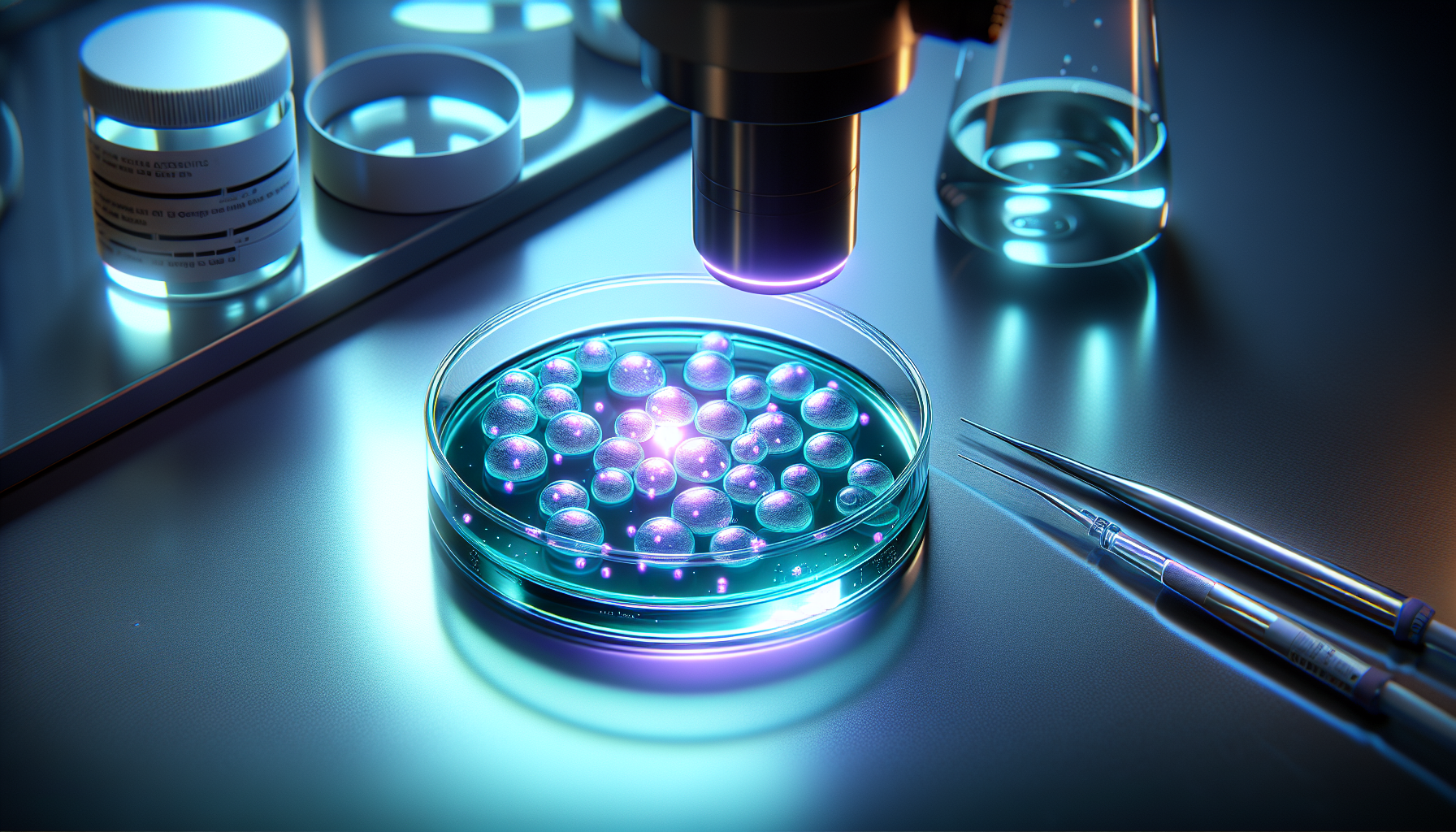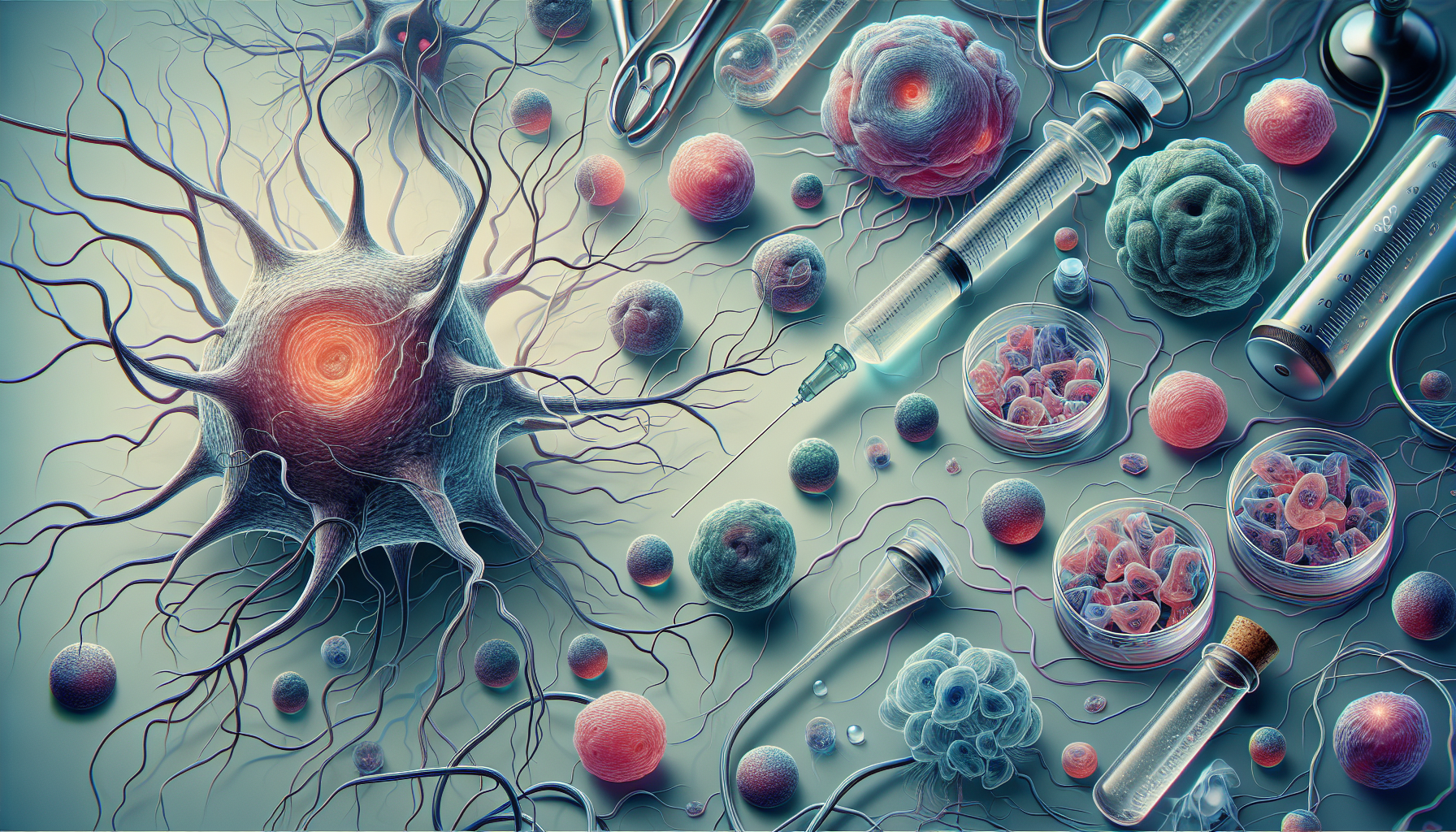New Breakthrough: Higher CASP8 Levels Improve IVF Success in Older Women
Key Takeaways
- Higher CASP8 expression is associated with better implantation outcomes in older women undergoing IVF.
- CASP8 could be a useful biomarker for identifying viable embryos in IVF.
- The study suggests age-specific genetic markers might be critical for successful IVF outcomes.
Did You Know?
Introduction to CASP8 and IVF
Recent discoveries in reproductive medicine have shed light on the role of certain genes in improving the outcomes of in vitro fertilization (IVF), particularly in women of advanced maternal age (AMA). One such gene, CASP8, has been linked to better implantation success rates in these patients.
Understanding Advanced Maternal Age (AMA)
AMA refers to women who are 35 years or older at the time of conception. This age group is known to have a higher risk of ovarian reserve decline and lower chances of successful live births following an IVF cycle. Therefore, identifying factors that can enhance IVF outcomes is crucial.
The Role of CASP8 in Embryo Viability
CASP8 is a gene known to play a role in various female reproductive health outcomes. Historically, it has been associated with a reduced risk of certain cancers such as breast and ovarian cancers. Now, it's showing promise in the context of IVF.
Study Findings on CASP8 Expression
In a study presented at the American College of Obstetricians and Gynecologists 2024 Annual Clinical & Scientific Meeting, researchers investigated the expression of CASP8 in relation to IVF outcomes. They collected and analyzed blastocoel fluid from day 5 embryos from both younger women and those of advanced maternal age.
Methodology
The researchers conducted genetic evaluations on these samples, focusing on the expressions of CASP8 as well as other related genes such as CASP3, CASP7, and BCL2L12. They used RT-qPCR to measure the levels of these genes in 64 different embryos.
Key Results
The data revealed that embryos from AMA patients often showed higher CASP8 expression. This was true regardless of whether the embryo ultimately implanted successfully. However, the correlation between high CASP8 levels and successful implantation was particularly strong among these older women.
Implications for IVF Practices
These findings suggest that CASP8 could be a valuable biomarker for identifying viable embryos in IVF processes, especially when dealing with AMA patients. It also highlights the potential need for targeted genetic perspectives when choosing embryos for implantation.
Differences in Younger Patients
Interestingly, the study also found that younger women under the age of 35 often had higher expressions of CASP3 and CASP7 in embryos that implanted successfully. This further underscores the complexity of genetic influences in reproductive success and the need for age-specific markers.
The Future of IVF with CASP8
The activation of CASP8 in preimplantation embryos could serve as an aging response mechanism, improving the chances of successful pregnancies for older women. As research continues, CASP8 may pave the way for more personalized and successful IVF treatments.
Conclusion
This research marks a significant step forward in reproductive medicine, offering new hope for older women seeking to conceive through IVF. The identification of CASP8 as a critical marker could revolutionize how viable embryos are selected, ultimately leading to higher success rates and healthier pregnancies.





